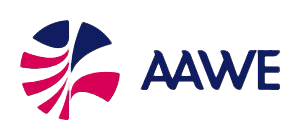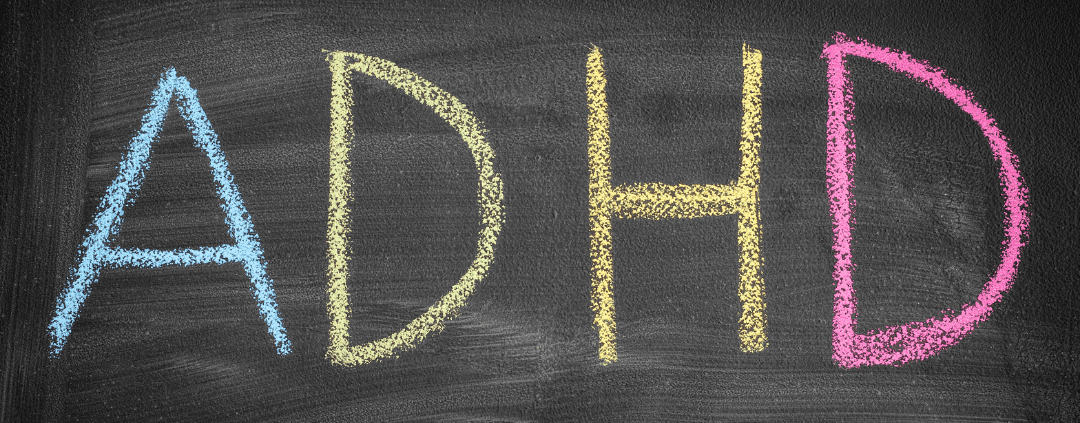This is the first of a two-part series on ADHD in France. In this part, I will tell you the basics of ADHD and how it is perceived in France. The second part will be a more practical guide on what to do if your child has an ADHD diagnosis and you are moving to France, or if you already live in France and suspect that your child might have attention deficit problems.
 Keren Fedida
Keren FedidaHow does being bilingual change kids’ brains? And why can’t I lose that “cute” foreign accent?
By Anjali Morard
Our brains are constantly changing. Even as adults, we can learn new skills, meet new people, or, conversely, almost completely forget people we knew years ago and used to think about every day. Children’s brains are…
 https://www.aaweparis.org/wp-content/uploads/2023/09/redd-f-9o8YdYGTT64-unsplash_small.jpg
1000
1500
Silvia Sabino
https://www.aaweparis.org/wp-content/uploads/2020/08/AAWE_H_FC_RGB-300x140-1.png
Silvia Sabino2023-09-25 23:06:092023-11-17 15:06:04A Glimpse from the Inside: An American Teacher in France
https://www.aaweparis.org/wp-content/uploads/2023/09/redd-f-9o8YdYGTT64-unsplash_small.jpg
1000
1500
Silvia Sabino
https://www.aaweparis.org/wp-content/uploads/2020/08/AAWE_H_FC_RGB-300x140-1.png
Silvia Sabino2023-09-25 23:06:092023-11-17 15:06:04A Glimpse from the Inside: An American Teacher in France
Testimonial: Un jeune français à Chicago!
Editor’s note: I wanted to write a quick introduction to this post because it differs in two ways from the usual posts in the Education Insights blog.1 - It is not on the usual topic of Education in France but is instead a French person’s…
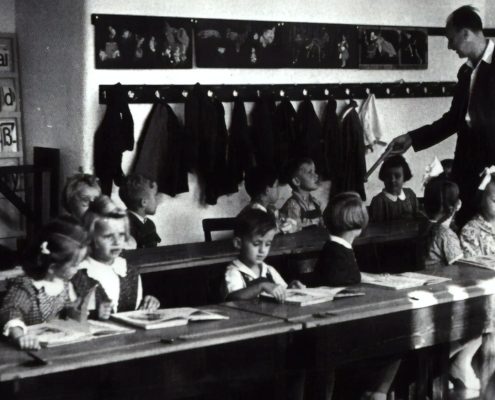
The French National Curriculum for Pre-School and Elementary School
By: Barbara Moross,Former Head of Lower School – American Section, Lycée International de Saint Germain-en-Laye
In France, education is mandatory beginning at age three, and parents are expected to enroll their children in the first year…

Autism at School
When I open my Facebook page on most Monday mornings, I see pictures of my stateside niece’s and nephew’s’ weekend packed with soccer games, dance competitions and swim meets staring me in the face; on this side of the pond my only contribution to weekend Facebook displays is usually non-visual and goes more like this “And yet AGAIN because of homework, instead of enjoying our time relaxing, it was a weekend full of tension.” Of course, this type of rant doesn’t happen every weekend, but it does happen often and it brings up an interesting difference in the dynamics at play in both school systems and, in a broader sense, the role of school in each country in shaping the community.
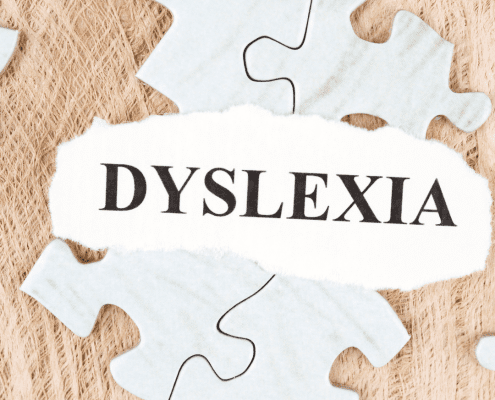
Reading Disorders in Children
Think back to when you learned to read. I don’t really remember it, do you? I just remember being able to read. I don’t remember putting any effort in (although I am sure my mother would remember the homework). This is pretty common in people for whom learning to read was just one quick stop on our educational journey. But what an important stop! It opened the world to all the other things we needed to learn

Sweet Home Alabama – Part 2
This is a continuation of our experience sending our daughter to the US for a school year.
There were still many niggling details left to take care of before Katie left for Alabama. We informed her orthodontist in the spring that she was leaving for a year and the doctor decided to remove her braces in July, just before she left for the US, and then put them back on when she returned.

Sweet Home Alabama – Part 1
My husband and I have four children, all of whom have been educated in the French school system. When I’d hear them complain about school, I always wished that they could experience an American school, with its electives, school spirit, and generally more positive relationship with the teachers. They were not having the fun learning experience that I remembered. I also wanted them to experience more of American culture than what they got during our annual three-week summer blasts to visit family in the US.
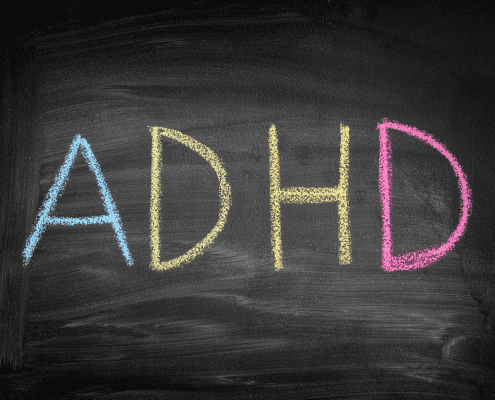
Attention Deficit/Hyperactivity Disorder (ADHD) – Part 1
This is the first of a two-part series on ADHD in France. In this part, I will tell you the basics of ADHD and how it is perceived in France. The second part will be a more practical guide on what to do if your child has an ADHD diagnosis and you are moving to France, or if you already live in France and suspect that your child might have attention deficit problems.

A History of the French Baccalauréate Exam
Any attempt to understand the French Baccalauréate (Bac) and the near mythic status it holds on the French national conscience should begin with a quick look at its long, illustrious history. Established in 1808 under Napoleon Bonaparte as part of his plan to make French society more egalitarian, the Bac , as it is often called, was designed to provide universal opportunity to anyone who possessed the talent and intellectual prowess to pass its rigorous exams.

Teen Coach: Open Letter to Families in French Schools
Most of us are very good at seeing what we don’t like about a system that is not our own. Those of us who attended high school in an Anglophone country will find major differences between our experience and that of our teens today in France. And if our teens attended an Anglophone school before entering the French school system, we (and they) may find the differences to be even shocking.
I would like to ask you to look at these differences from the perspective of a coach. And that would mean looking without any preconceived notions; leaving judgment and assumption aside.
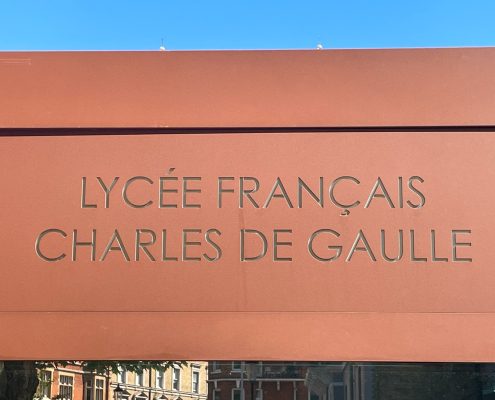
Getting Permission to Change Schools Part 2
This is part 2 of a series on getting permission to change schools within the French public school system. This article discusses when your kids are older, in collège and lycée, gives some Paris-specific information and a few more important things to keep in mind.

Getting Permission to Change Schools Part 1
This is the first in a two-part series of articles on getting permission to change from one public school to another. Part I gives an overview of the process, reasons that are valid to request a change and reasons that are likely to be rejected, and some specific information about the procedure in maternelle and primaire.

Why Inclusive Education is Best for All Students
Raising children in a bilingual environment requires parents to be somewhat cognizant of language development. There are simple and fun ways to encourage bilingualism

Where to turn when you suspect your child needs support or evaluation
For parents, facing concerns about a child’s development or learning can be scary and confusing; doing it in a country known for its bureaucracy and administrative maze of paperwork can be overwhelming. While parents and professionals agree…

100 Books to Read Before You Grow Up
The American Library in Paris’s Children’s and Teens’ Services Manager Celeste Rhoads compiled this curated selection of recommended reading for ages 0-12 with input from expert librarians around the world.
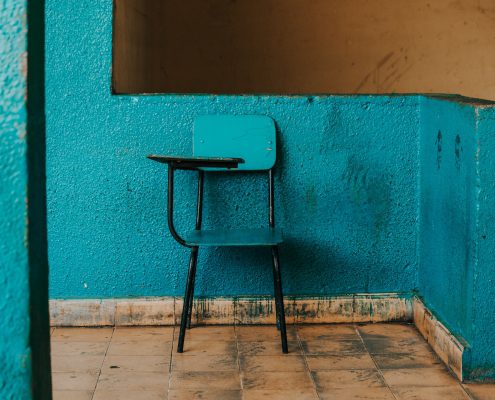
Which School System for my Bicultural Child?
Might a bilingual education be the best preparation for a bicultural child, whose playing field covers more than one country? Perhaps, if you are in the position to take advantage of it. The reality is that some of us aren’t.

Reading With Your Children in English (or any other language)
Raising children in a bilingual environment requires parents to be somewhat cognizant of language development. There are simple and fun ways to encourage bilingualism

Encouraging Bilingualism in Children
Raising children in a bilingual environment requires parents to be somewhat cognizant of language development. There are simple and fun ways to encourage bilingualism

An Overview of the French Education System
What would you like to know about the French system of education?
Here’s a brief description for you of its background, its structure, and some of its important characteristics, just as an introduction.
French education, like that in other countries, is struggling greatly to cope with the current pandemic. Its functioning is in enormous upheaval.
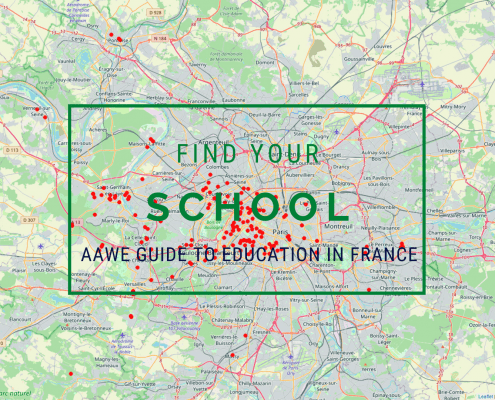
AAWE Guide to Education – Map of Schools
To locate a school, zoom in on your area of this map.
Click on each red marker to see the page number where this school features in the AAWE Guide to Education in France (9th edition, 2021).
If you haven’t yet purchased…

Welcome to AAWE Education Insights Blog
Got kids? Need a school? We can help! The AAWE Guide to Education in France was born back in 1985, when a bunch of American moms within AAWE in Paris put their heads together to investigate school choices for their bilingual children. Now in…
Here at AAWE, we are bursting with pride (like new parents!) to launch the 9th edition of our famous AAWE Guide to Education in France. We’ve been publishing this baby since 1986 – and each updated edition is like our firstborn’s arrival all over again!
Order yours at aaweparis.org/books.
Map of Schools: AAWE Guide to Education in France


Latest Posts
Beyond the Bac
Kids getting older? Check out our sister publication about heading to university in France, USA, UK, Netherlands, Canada and even Australia.
Costs, application procedures, financial aid, tips from students who’ve ‘been there’ and much more.
Order your copy at www.aaweparis.org/beyond-the-bac.
Subscribe
Resources and Further Reading
Click the + signs below to access.
Informative websites offering further information about the French education system
- If your child is in collège or lycée, it’s best to make a habit of checking the school website regularly. Primary schools and maternelles may use the carnet de correspondance more regularly than their own website.
- If parent associations at your school have a website or use social media frequently, keep an eye on it for school-related information.
- If your child is in collège or lycée, get your login details for the parent interface, or “ENT: Environnement Numérique de Travail” (Pronote, Ozecollege…), where you can check your student’s timetable, grades, homework, communications from teachers and school administration
- www.education.gouv.fr is the website of the Ministry of Education in France.
- www.eduscol.education.fr is a Ministry of Education website with information about school curricula, exam regulations etc. A reliable source for understanding those many acronyms used in schools!
- www.onisep.fr is an official body offering information about orientation choices related to school, training and careers. The page for parents is at www.onisep.fr/Parents.com, and some videos are in English, such as www.oniseptv.onisep.fr/onv/lecole-expliquee-aux-parents-starting-school-how-a-primary-school-is-organized
- www.assistancescolaire.com is a free educational program offered by the MAIF insurance society/mutuelle, with resources from maternelle to lycée which your child may enjoy.
- For information about schools in the Paris region visit www.internationaleducation.parisregion.eu
The Three Different Administrative Regimes for Schools in France
The Three Different Administrative Regimes for Schools in France
By Barbara Moross, Former Head of Lower School – American Section, Lycée International de Saint Germain-en-Laye
In France there are many schools to choose from including bilingual schools, and they all fall under three administrative headings. They are:
- Public (publique)
- Private but under contract with the French Ministry of Education (privée, sous contrat)
- Private and independent of the French Ministry of Education (privée, hors contrat)
Public schools are found in every neighborhood and village. They are completely under the auspices of the French Ministry of Education, and there are no fees for attending.
French schools follow a national curriculum, which is reviewed regularly by the French Ministry of Education. Reforms are made, and teachers must adapt their teaching methods and/or content to adhere to the guidelines set out by the Ministry. Otherwise, teachers are free to teach the content the way they see fit and to organize the introduction of new concepts in the order they choose.
The private schools that are sous contrat receive state aid; the teachers are either state teachers or teachers with the same training as the state teachers, and they are paid by the state. In return the school must teach the national curriculum. These schools charge a tuition fee to help pay for building maintenance and other expenses that are not covered by the state. Parochial schools are also eligible for this semi-private status.
Private schools that are hors contrat, although governed by some French laws concerning schooling and children, are much more autonomous. They are usually expensive because they are not state-subsidized at all.
When considering the various options, it is important to remember that although a student can move fairly easily between public and private schools that are sous contrat, this is not the case for those wishing to transfer from a private school that is hors contrat.
Most, but not all, of the bilingual elementary schools in the Paris region are private, and many are sous contrat. All monolingual English schools are hors contrat, as are the bilingual Montessori schools, since they do not follow the French national curriculum.
Additional Resources for Encouraging Bilingualism in Children
- Handbook from the Linguistic Society of America
- Fairly recent article, (2013) – summary of the science around bilingualism, aimed at parents and professionals who work with bilingual kids:
BOOKS:
- Bilingual: Life and Reality – François Grosjean – Good for an overall understanding of bilingualism. One interesting topic it discusses is the variance in language balance – one language being more or less dominant – and shifting dominance in languages over a lifetime, and how this is all normal.
- The Bilingual Edge: Why, When, and How to Teach Your Child a Second Language – Kendall King, Alison Mackey – A good introduction to raising bilingual children, with practical tips based on scientific research. It may be a bit biased toward those living in the United States.
- The Bilingual Family: A Handbook for Parents – Edith Harding-Esch & Philip Riley – This book also tends to the academic side with less practical information, but recommended as it is co-written by authors in the UK and France.
